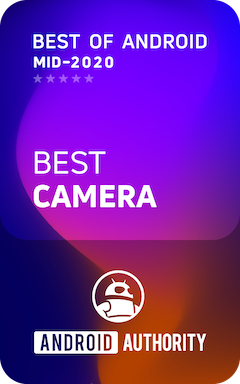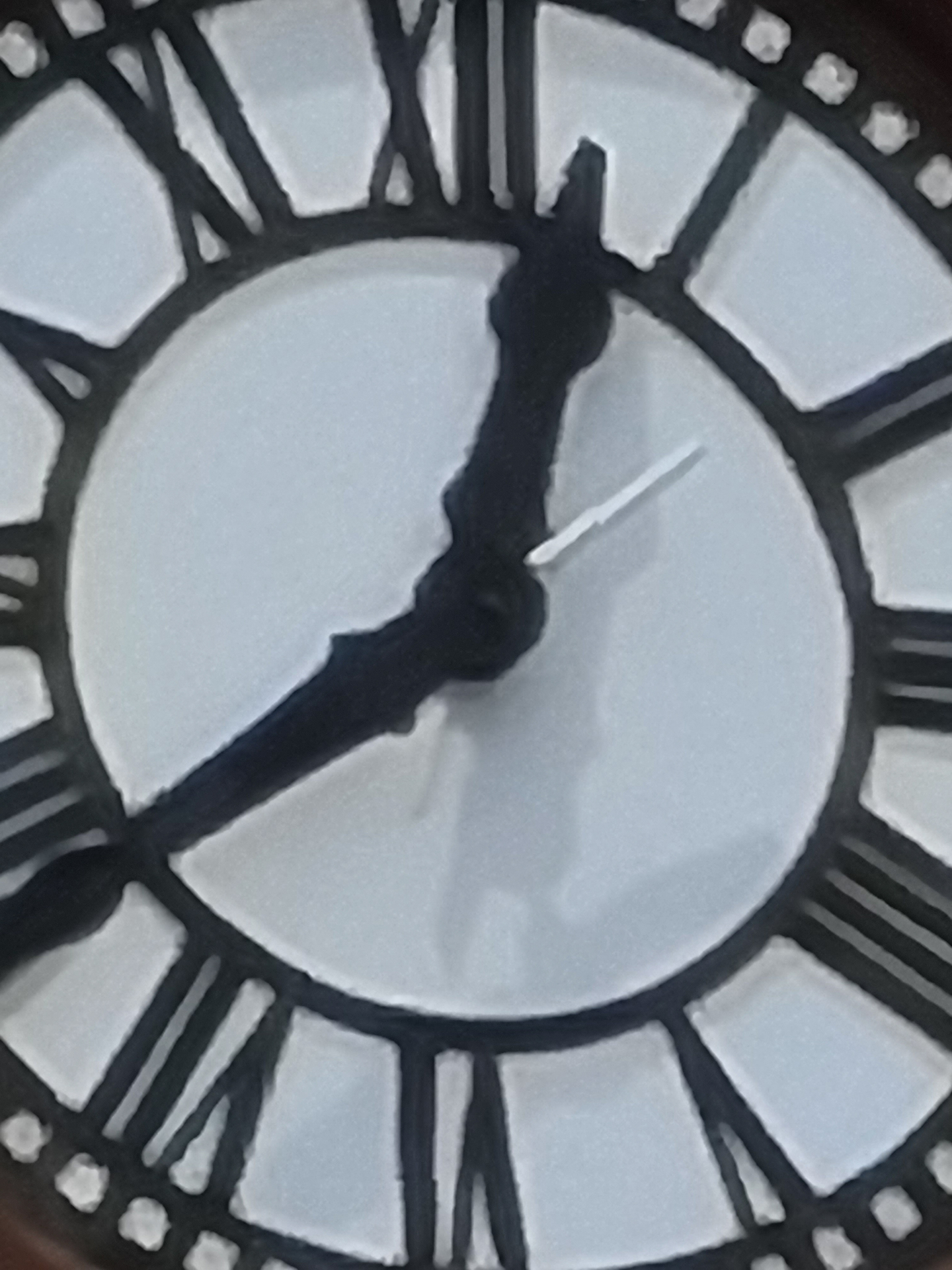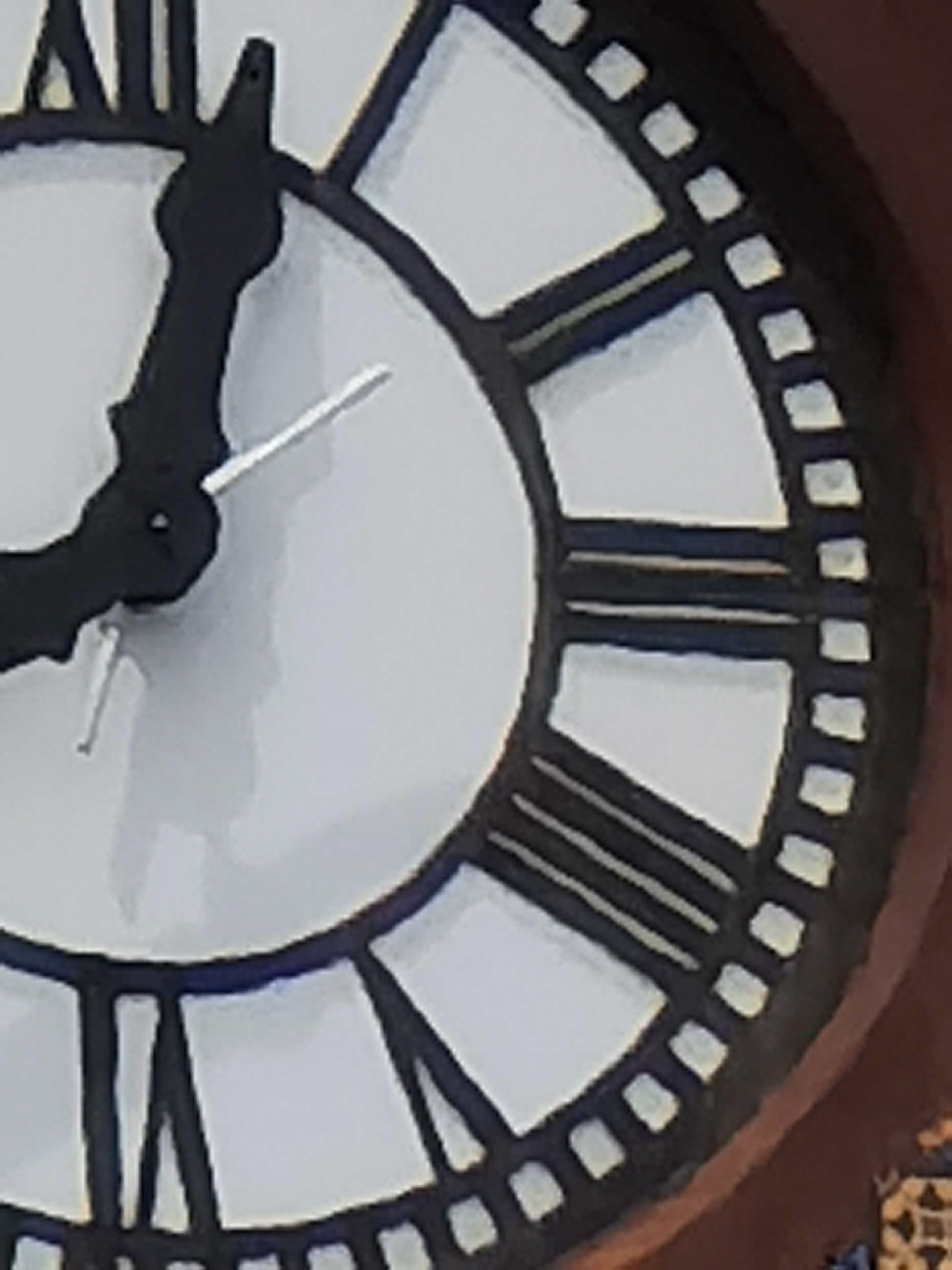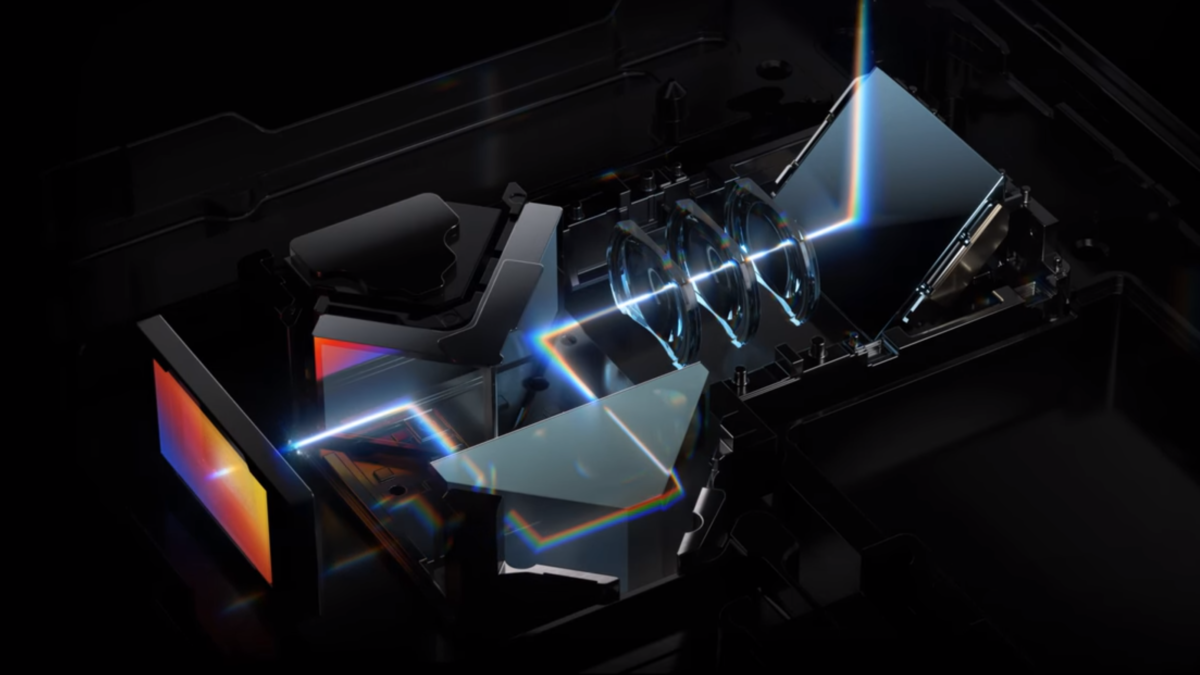
The quality of a smartphone’s camera system has become an integral part of most people’s purchasing decisions. We use our phones’ cameras for everything. From selfies to social media, to documentary filmmaking, the ability to have a camera at the ready at any time is a luxury we didn’t have until smartphones arrived.
As part of our Best of Android: Mid-2020 awards, we’re analyzing the smartphones with the best camera systems according to the collective opinion of our team of reviewers editors. We’ll compare and analyze the finalists and announce the Android camera king for H1 2020.
Editor’s note: If you’re wondering why your favorite phone isn’t on this list, keep in mind only phones released in the first half of 2020 are here. 2019 phones and phones released after H1 2020 are not eligible.
How and why we test
When we review a phone’s camera system, we’re looking for several factors. We look at aspects like dynamic range, sharpness, saturation, and even natural depth of field. Basically, we try to examine how pleasing an image the phone can produce, alongside special capabilities like optical zoom, software bokeh, and low-light modes.
We’re looking at multiple factors, but in the end, it comes down to how good an image looks.
There is a lot more to the quality and usefulness of a camera than data-based tests can provide. Sure, a metric can give a specific score, but photography is frustratingly subjective. What’s technically the most accurate photo usually isn’t the one most people would print out and stick on a wall: most people prefer some edited colors, a dash of post-processing, and maybe even some help from computational photography. So we rallied the troops at Android Authority to compare images from all the phones released in the first half of 2020, relying on our decades of collective photography experience to pick a winner.
Which phone released so far this year has the best camera system? Let’s get right into it.
Best of Android: Mid-2020 camera winner — Huawei P40 Pro Plus


After weeks of analyzing photos, the Huawei P40 Pro Plus is crowned the overall camera winner. Its huge 1/1.28-inch primary sensor allows for incredible light intake and detail, and the innovative 10x optical periscope zoom camera gives it better reach than any other smartphone available today.
Here’s the specs of the camera system:
- Main: 50MP RYYB, f/1.9, 23mm
- Ultra-wide: 40MP, f/1.8, 18mm
- Tele: 8MP RYYB, f/2.4, 80mm
- Tele: 8MP, f/4.4, 240mm
- Time of flight (ToF) sensor
- Selfie: 32MP, f/2.2, 26mm
- Ultra HD / 4K at 60fps (front and rear)
- 720p HD at 7,680fps
- 1080p Full HD at 960fps
Huawei nails the sharpness and tonality of images with the P40 Pro Plus. It has a huge amount of dynamic range but uses an appropriate level of contrast that makes images look natural and not overly washed out. Color is on point as well, though it does tend to shift greens towards the yellow spectrum, most likely due to the special RYYB pixel array Huawei uses to capture more light. Still, images look incredibly solid overall (for a smartphone camera, anyway).
Just like the Samsung Galaxy S20 Ultra, the Huawei P40 Pro Plus can produce a 100x AI zoom of up to 100x. This is a pretty incredible feature to have, and the 10x optical zoom lens produces an incredible level of detail, especially for a smartphone. At 100x, images are definitely not the sharpest, but having amazingly strong 10x zoom and usable zoom up to 100x is pretty great.

Huawei P40 Pro Plus zoom examples 1
Samsung Galaxy S20 Ultra zoom examples 16

While Samsung was able to produce a similar 100x zoom with the Galaxy S20 Ultra, using the P40 Pro Plus results in a sharper image with better contrast. It’s unlikely that you’ll have to use zoom this far though, and I love how great the 10x zoom looks on the P40 Pro Plus.

Huawei achieves this 10x optical zoom in a truly innovative way. By adding several mirrors inside the camera’s lens system, the phone can increase the optical path of the light, resulting in a longer focal length. Of course, bouncing light reduces its intensity, so Huawei does have to do some ISO boosting to get the image bright enough, though it still does great in daylight situations. While many companies like Samsung and Oppo have gotten quite good at digital zoom in addition to a small physical prism, Huawei’s optical 10x zoom beats them for quality.
The selfie camera on the P40 Pro Plus is great too, with wonderful color and contrast. The Huawei P40 Pro and P40 Pro Plus also have something almost no other smartphone has – autofocus on the selfie camera. Most selfie cameras are fixed focus with a small aperture, but the autofocus on the P4o Pro Plus allows it to have a wider aperture for better light intake and more background separation.
Of course, all of this comes with the enormous caveat that we can’t currently recommend Huawei devices to most of our audience. As good as Huawei phones are from a hardware standpoint, its phone’s inability to use Google services is an enormous hindrance. While Huawei’s Petal Search has become quite good and will allow you to download almost any app from APK websites fairly seamlessly, Google services are the backbone of Android. Because of this, you may want to look at some of the runner ups.
The extremely-close second — Oppo Find X2 Pro

The Oppo Find X2 Pro was an extremely close competitor in the race for the best smartphone camera system in H1 2020. Thanks to its new Sony IMX 689 main sensor with large 1/1.43-inch sensor size and a great 5x optical telephoto system, the Find X2 Pro slays in the image quality department.
Here’s the full set of camera specs for the Oppo Find X2 Pro:
- Main: 48MP Sony IMX 689
- Ultra-wide: 48MP
- Tele: 13MP 5x optical
- Selfie: 32MP
The Oppo Find X2 Pro has incredibly good white balance and particularly good dynamic range. Some may find colors to look a bit washed out because of this, but it retains a ton of information that can be tweaked later. Photos taken by the Find X2 Pro look good on their own but it’s a camera that lends itself to tweaking in your favorite editing app. The amount of detail the camera captures is also phenomenal.
As you can see above, the Oppo Find X2 Pro might not have a 10x optical camera like the Huawei P40 Pro Plus, but it still creates a fantastic-looking crop at that range. Color and sharpness from the zoom camera are excellent, and you could easily use this system to see things you can’t see well with the naked eye. While the Find X2 Pro only zooms up to 60x instead of 100x, the difference in zoom ratio is one of those things that sounds more important than it actually is, especially if you sacrifice quality to get there. The bottom line, the Find X2 Pro has plenty of zoom distance too.
Even in non-optimal lighting situations, the Find X2 Pro captures an incredible amount of detail and color. This is due to the fairly large size of its main sensor, which also produces some natural-looking bokeh too. Fortunately, it doesn’t have trouble keeping the subject in focus like the Samsung Galaxy S20 Ultra.
As you can see above, the large main sensor allows for a great portrait image without the need for portrait mode.
The selfie camera on the Find X2 Pro is quite good. It has fantastic color and detail and has good dynamic range as well. The sensor can meter for a face while still properly exposing the background – something not incredibly common on smartphones.
The Oppo Find X2 Pro is an extremely close second, and we really recommend it.
Overall, the Oppo Find X2 Pro was right behind the Huawei P40 Pro Plus in our internal voting. It’s really only minor details that separate them. Plus, Oppo phones don’t have the aforementioned Google apps issue, so you should take a serious look at the Oppo Find X2 Pro device if you’re interested in a top-notch camera smartphone. It also scores very well in a number of other Best of Android categories. It’s just an overall incredible device.
Runners up

Unsurprisingly, the Huawei P40 Pro and OnePlus 8 Pro came close behind the P40 Pro Plus and Oppo Find X2 Pro.
The Huawei P40 Pro has an extremely similar camera system to the Pro Plus, so it produces effectively the same color balance and image quality from its main sensor. It scored fractionally lower because it lacks the Pro Plus’ 10x optical zoom capability, but it’s still a very good camera system.
The OnePlus 8 Pro is in a similar boat. It uses the same Sony IMX 689 sensor as the Oppo Find X2 Pro which gives is fantastic image quality, but the lack of a 5x optical telephoto camera makes it somewhat less flexible. Still, it’s an incredibly good system as well.
That’s a wrap. Come back tomorrow as we find out who wins the Value segment of our Best of Android: Mid-2020 awards.
More from The Best of Android: Mid-2020
- The Best of Android: Mid-2020 is here!
- The Best of Android: Mid-2020 — Which phone has the best audio?
- The Best of Android: Mid-2020 — Which phone has the best display?
- The Best of Android: Mid-2020 — Which phone has the best battery life?
- The Best of Android: Mid-2020 — Which phone offers the best performance?






















